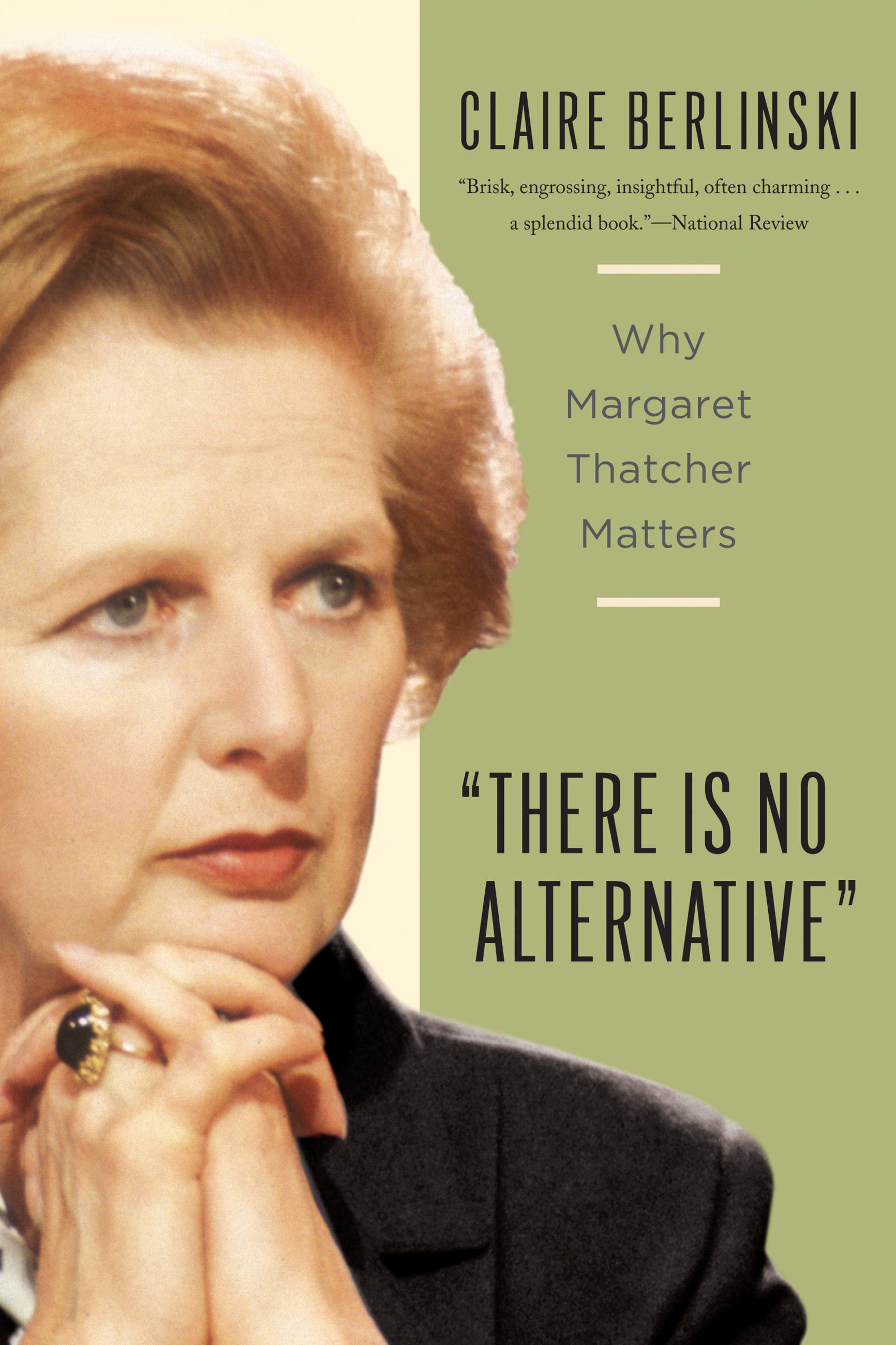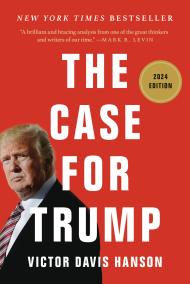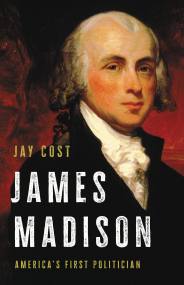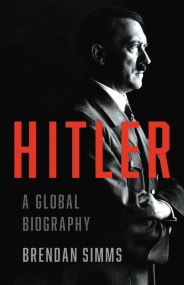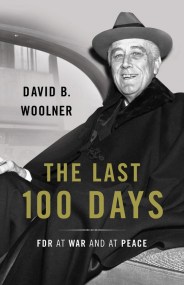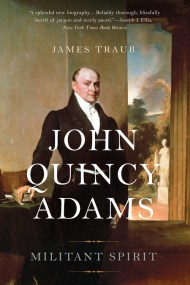By clicking “Accept,” you agree to the use of cookies and similar technologies on your device as set forth in our Cookie Policy and our Privacy Policy. Please note that certain cookies are essential for this website to function properly and do not require user consent to be deployed.
There Is No Alternative
Why Margaret Thatcher Matters
Contributors
Formats and Prices
- On Sale
- Nov 8, 2011
- Page Count
- 400 pages
- Publisher
- Basic Books
- ISBN-13
- 9780465031214
Price
$24.99Price
$31.99 CADFormat
Format:
- Trade Paperback $24.99 $31.99 CAD
- ebook $11.99 $15.99 CAD
This item is a preorder. Your payment method will be charged immediately, and the product is expected to ship on or around November 8, 2011. This date is subject to change due to shipping delays beyond our control.
Buy from Other Retailers:
Ultimately, however, Claire Berlinski agrees with Thatcher: There was no alternative. Berlinski explains what Thatcher did, why it matters, and how she got away with it in this vivid and immensely readable portrait of one of the towering figures of the twentieth century.
Newsletter Signup
By clicking ‘Sign Up,’ I acknowledge that I have read and agree to Hachette Book Group’s Privacy Policy and Terms of Use

